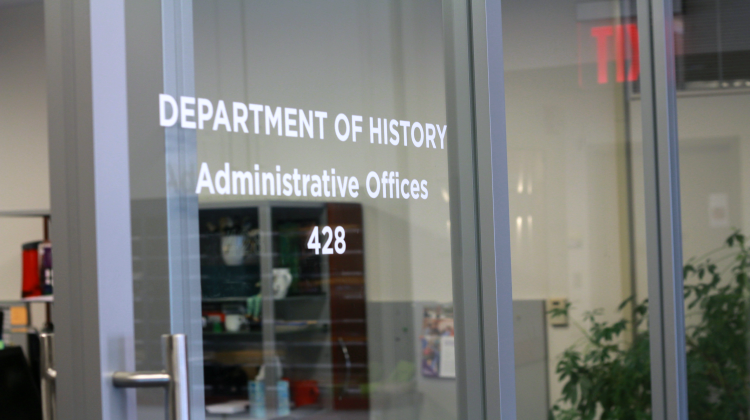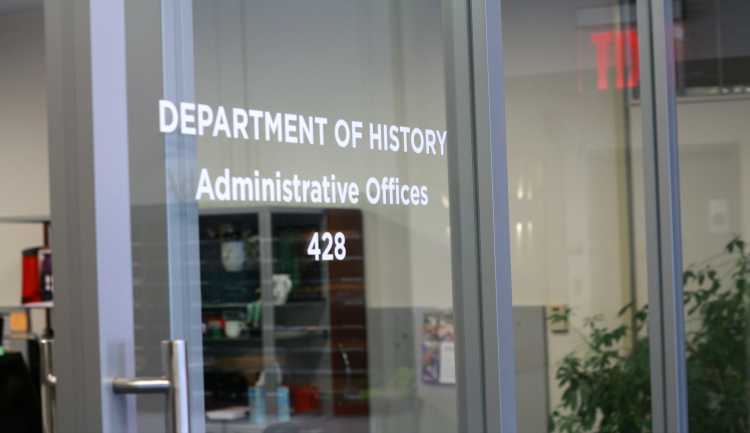

Here is historian Steven Mintz at Inside Higher Ed:
Recently, a leading editor at a major academic press said bluntly that she wasn’t aware of any breakthrough scholars in U.S. history under the age of 50. In response, I mentioned several names of younger scholars I greatly admire. The editor wasn’t moved.
For the sad facts are these: the major U.S. history journals are receiving fewer submissions, and fewer of their published articles have had significant impact on the field. Leading younger U.S. historians are much less prolific than their predecessors. Not only are fewer new subfields of U.S. history opening up, but there have been very few radical reinterpretations of major issues or topics. When, after all, have you or I read a fresh interpretation of the Revolution, the age of Jackson, the Civil War, the Gilded Age, the Progressive Era or the New Deal—or even of slavery, reform or family, immigration, legal or urban history?
This brings to mind the apocryphal quote attributed to Henry L. Ellsworth, the first commissioner of the U.S. Patent Office, that “the work of the patent department must soon come to an end, because the inventive power of the human mind had reached its limit.”
Have we, in some sense, reached the end of (U.S.) history? Has the discipline exhausted itself? Has the time come for the field’s scholars to move in a very different direction?
This wouldn’t be the first time a scholarly discipline has disappeared, undergone significant transformations or merged with other disciplines. Examples include natural philosophy and cybernetics—not to mention those archaic fields now dismissed as especially unscholarly, like alchemy, astrology, eugenics and phrenology.
My fellow U.S. historians might well respond that historical inquiry is limitless and dynamic, not static; that previously neglected topics need to be re-examined and re-interpreted; that eventually new subfields will inevitably emerge; that even fields of study that seem well explored can yield fresh insights as new theoretical frameworks and new evidence arise.
Perhaps. Still, it appears that research productivity has slowed despite the fact that there are more highly trained academic historians than ever before.
Read the entire piece here.